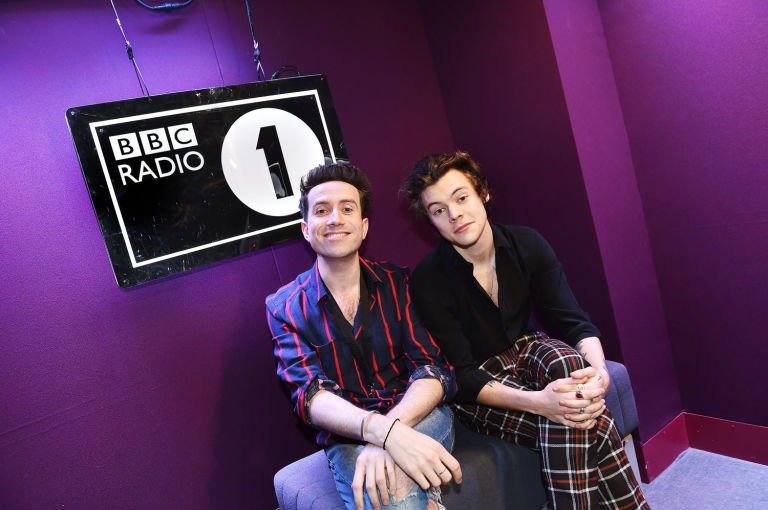Ofcom, the UK’s government-approved media regulator, has recently altered its guidelines for BBC Radio 1 and 2. It has ordered both stations to play more “new music” on their daytime shows; for
Radio 1 50% and Radio 2 20%.
Ofcom has also clarified its definition of “new music”. According to their statement, “a song is to be considered New Music for a period of either (a) 12 months from first release; or (b) six weeks from the date it first enters the Top 20 – whichever is sooner.” This definition has caused some controversy within the industry as Global Radio, who control stations such as Capital, Heart and Kiss, had petitioned for the definition to be stricter. According to Global, songs are no longer new after they have been played on the radio for four weeks.
The new rules will likely have little to no effect on listeners as both Radio 1 and Radio 2 already meet the criteria for the new guidelines, with Radio 1 playing an average of 54% new music. Despite this, the conversation around Ofcom’s statement has raised some important questions about the future of radio in our modern and technological world.
Firstly, many have pointed out that, despite Ofcom’s claim that these guideline’s aim to promote “emerging UK artists”, there is nothing said about playing new artists, only new songs. At the
moment, many of those of us who listen to Radio 1 know that you are primarily going to hear the latest big hits from well-established and often American artists. (Think Kanye, Beyoncé, Taylor Swift) Therefore, many critics of Ofcom’s statement have pointed out that this is unlikely to actually have any effect on the number of “emerging UK artists” that receive airplay. It also emphasises the artists in the “Top 20”, who make up a relatively small sub-section of the musicians out there and, again, are normally those well-established, big-label artists who enjoy the majority of airplay anyway.
Ofcom seem to have completely ignored the interests of up-and-coming musicians and independent artists, which is a real shame for many music-lovers out there. It also adds to the difficulties faced by young musicians in the modern music industry. At the beginning of the century, the technological boom looked like it was going to have a positive impact on the opportunities available for emerging artists, with free platforms such as YouTube offering an easy and accessible way for artists to gain recognition without the need for major record labels or promoters. However, it seems that now we are seeing the flip-side of the free media effect. The online sites are over-saturated and it is increasingly difficult for any one artist to really stand out.
In addition to this, streaming sites such as Spotify, along with illegal downloading sites are making it difficult for new artists to earn a living through their music, with CD sales continuing to drop every year. Despite the big-name stars kicking up the most fuss over this issue, it isn’t really affecting them. Just look at the salaries of the artists in the Top 20. They aren’t exactly struggling for cash!
It seems that the situation is becoming increasingly difficult for new artists to establish themselves within the music industry. That is why Ofcom’s statement seems to be an empty promise. The claim that these regulations are in the interests of “emerging UK artists” has little weight behind it and, according to the current statistics, we will see little-to-no change in the music hitting the airwaves of the BBC stations.
If Radio is to stay a competitive branch of mainstream media and support upcoming artists, we are going to have to see some major changes in how it operates, and for young musicians, change can’t come soon enough.

